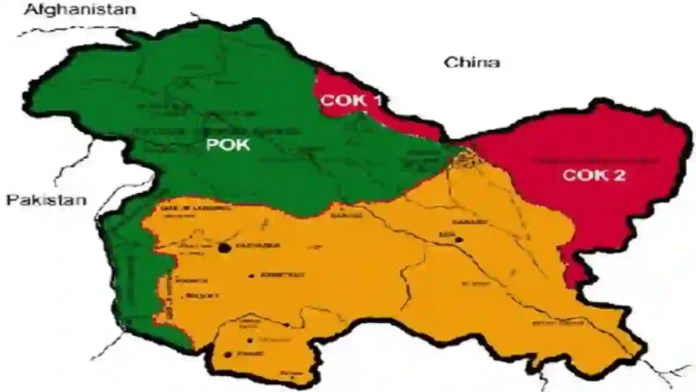Sources – AFI
The recent unanimous decision by the Supreme Court of India upholding the abrogation of Article 370 has sent shockwaves through
Pakistan and beyond. In Pakistan, particularly within its Army-backed think tank circles, this move has reignited calls for the formal
integration of Gilgit-Baltistan (GB) as a full-fledged province. However, this aspiration is fraught with geopolitical complexities, with
China holding significant stakes in the region and India maintaining its claim on the entire Kashmir territory.
GB, a strategically vital region bordering China, Afghanistan, and India-administered Kashmir, has been under Pakistani control since 1947. Despite granting it limited autonomy in 2009, Pakistan’s hold over the region remains contested. India continues to claim GB as part of its erstwhile princely state of Jammu and Kashmir, a claim further bolstered by the recent Supreme Court decision.
Read- India Navy Gears Up for Imphal: Indigenous Destroyer Set to Join Fleet
Adding fuel to the fire is the increasing presence of Chinese workers and military personnel in GB. China’s investments in the China- Pakistan Economic Corridor (CPEC) have made it a key stakeholder in the region’s development and security. However, this involvement raises concerns for India, as it sees CPEC as a strategic threat that undermines its territorial claims in Kashmir
The situation is further complicated by the internal dynamics of GB. While some sections of the population seem amenable to Integration with Pakistan, others harbor grievances related to limited autonomy and economic disparities. The rising presence of Chinese personnel also raises concerns about cultural erosion and environmental exploitation.




